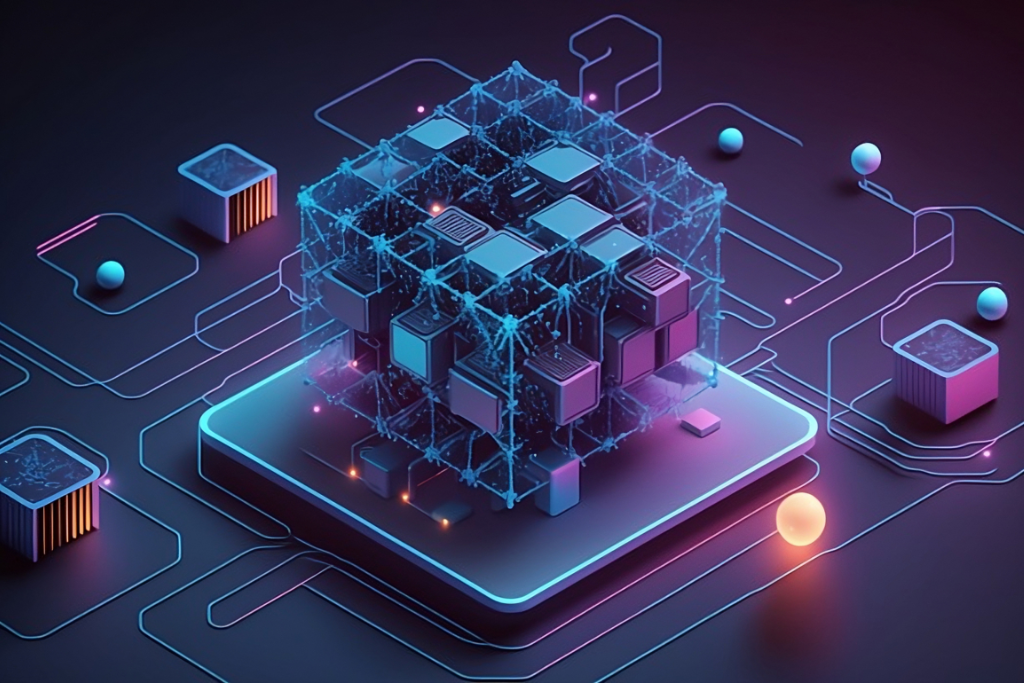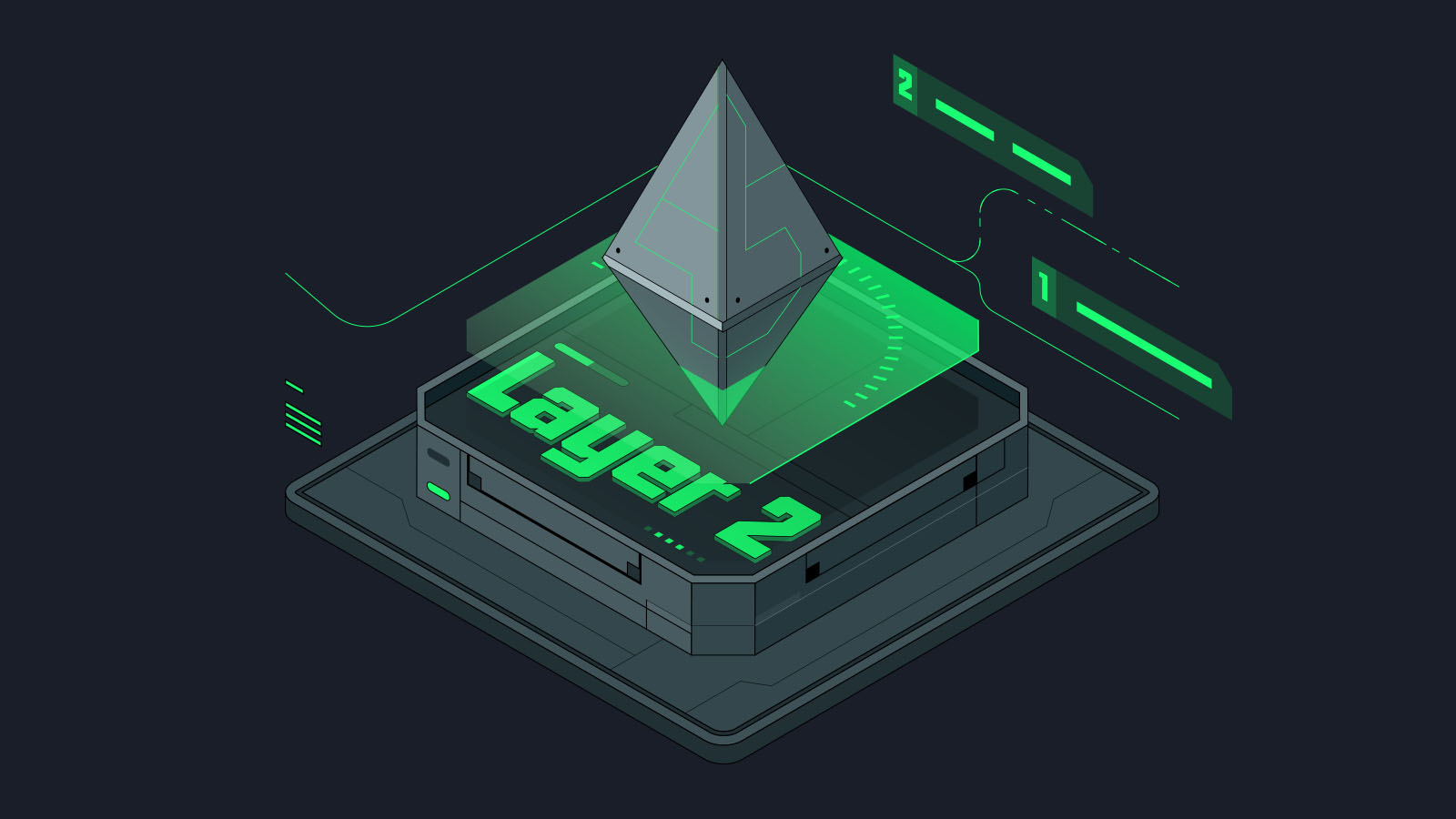|
Getting your Trinity Audio player ready...
|
Imagine a bustling supermarket checkout line. The wait can be frustrating, especially when you only have a few items. Blockchain networks face a similar challenge – transaction congestion can lead to slow processing times and sky-high fees. But a new breed of technology is emerging to streamline the process: blockchain rollups.
Faster Transactions, Lower Costs: How Rollups Work
Think of rollups as self-checkout lanes for blockchains. They bundle and process transactions off-chain, significantly reducing the load on the main blockchain. This translates to faster processing times and lower transaction fees for users. But how do they achieve this magic?
Here’s a breakdown of the rollup process:
- Off-chain Processing: A rollup smart contract takes center stage, handling transactions outside the main blockchain. This allows for faster and more efficient processing compared to the traditional on-chain method.
- Transaction Bundling: Once processed, the rollup smart contract groups these transactions into a single batch. This reduces the amount of data that needs to be submitted to the main blockchain, further boosting efficiency.
- Validation and Compression (ZK-Rollups): In ZK-rollups, a cryptographic technique called zero-knowledge proofs comes into play. This condenses transaction data into a concise proof, ensuring the validity of the transactions without revealing all the details.
- Submission to the Main Blockchain: The batched transactions (or the compressed proof for ZK-rollups) are then sent back to the main blockchain for final confirmation and settlement.
- Verification and Settlement: The main blockchain verifies the batch or proof. Optimistic rollups utilize a “fraud-proof” mechanism to ensure legitimacy. If no fraud is detected, the transactions are finalized.
Rollups: A Boon for Various Blockchain Applications
The benefits of rollups extend far beyond faster transactions and lower fees. Here’s how they’re revolutionizing different blockchain applications:
- Scalability Solutions: Rollups significantly improve a blockchain network’s ability to handle high transaction volumes. This is crucial for applications like decentralized finance (DeFi) and non-fungible tokens (NFTs), which often experience congestion issues.
- DeFi and NFTs: DeFi platforms and NFT marketplaces can leverage rollups for faster and cheaper transactions, making them more user-friendly and accessible.
- Gaming and Virtual Worlds: Rollups can facilitate seamless in-game transactions, asset transfers, and decentralized governance within virtual worlds and blockchain-based games.
- Supply Chain Management: By enabling secure, efficient, and transparent transaction tracking, rollups can enhance the overall efficiency and trust within supply chains.
Also Read: EigenLayer: Explained – Boosting Security and Revenue for Ethereum Developers
The Future of Rollups: Bright and Scalable
The future of blockchain technology seems intertwined with the success of rollup solutions. As blockchain networks continue to grow and face scalability challenges, rollups are expected to play a pivotal role:
- Increased Adoption: Rollups are likely to see wider adoption across various blockchain applications, from DeFi and NFTs to supply chain management and gaming.
- Ethereum and Beyond: Integration with major platforms like Ethereum is crucial. Rollups are expected to be instrumental in scaling Ethereum as it transitions to a sharded architecture.
- Innovation on the Horizon: As rollup technology matures, we can expect further advancements in areas like security, privacy, and interoperability. This could lead to even more efficient and scalable rollup solutions.
Blockchain rollups offer a promising approach to overcoming the scalability bottlenecks plaguing blockchain networks. With faster transactions, lower fees, and a wider range of applications, rollups are poised to usher in a new era of blockchain adoption and innovation.




